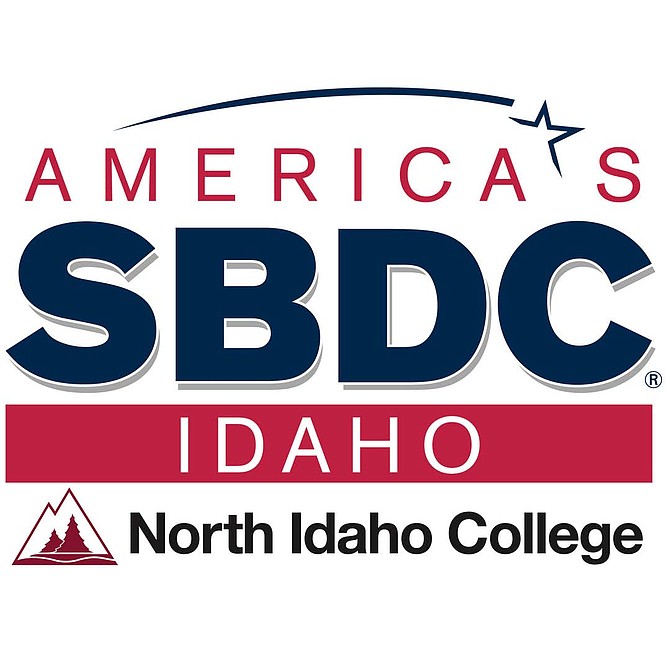Does your business have a future in world commerce?

Congratulations! Your Idaho-based business is thriving. You’ve created a product or service that fills a real need for loyal domestic consumers, developed a way to market and deliver your product, and created an advertising presence that works. Sales are increasing, and the future looks bright.
But recently, you’ve begun to wonder if you can sustain recent rates of growth as you saturate domestic markets. Or perhaps you’re wondering how to increase sales during the winter when things slow down. Whatever barriers to growth you face, have you considered accessing millions of new potential customers by exporting your product abroad? If you’re like most small businesses, the answer is probably ‘no”.
To most small business owners, becoming a direct exporter of goods looks like an overwhelming task with far too many unknown risks and hazards. How do you identify potential markets? How do you handle the language barrier? How do you navigate the arcane world of import and export regulations, both those of your own and dozens of foreign countries? How do you manage risk? And most of all, how do you get paid, on time and with minimal risk?
The short answer is that it’s a lot less difficult than you think. International trade goes back to the earliest periods of recorded history, and small businesses have always played a part in it. Over at least the last two hundred years, rules and regulations to protect both buyer and seller have systematically developed to make the process both safe and profitable.
Additionally, the US government, for all its faults and extensive regulations, desperately wants to increase the export of US-made goods and services. There are exceptions, of course – if you’re selling technology or strategic items that could come back to bite our country in times of war, think again.
Currently, about 275,000 of the nearly 27 million U.S. small businesses are exporting their products to world markets. Those numbers highlight two points: first, nearly 300,000 small businesses have figured out how to profit from the 95% of consumers that live outside the USA; and second, the vast majority of businesses are missing out!
Here are some key points and factors to consider:
• U.S.-made products are highly valued and sought-after around the world. There is a ready demand for thousands of US products and services; yours may be one of them.
• The majority of international trade is conducted in English. Most of your potential international customers have basic English language skills. While the ability to speak the language of your customer is appreciated and considered a sign of respect, fluency is rarely necessary.
• There are businesses that specialize in helping you with the details and procedures of exporting. Customs brokers assist you with the paperwork. Freight forwarders help you with the logistics of moving goods. The US Department of Commerce has a number of programs to help small businesses link up with foreign buyers and fund your efforts to sell to them.
• Getting paid for exported products can be as secure and sometimes faster than selling to local customers. Payment can sometimes be secured as soon as the finished goods are delivered to the freight carrier at the loading dock of your place of business. A Letter of Credit can be set up so that the foreign buyer deposits the full amount due the seller in a reliable international bank prior to shipment, and you get paid as soon as the bank is presented with a document attesting to the fact that you have delivered the goods to the freight hauler on the dock. Payment for exported products is often received quicker than products delivered to local customers, who often pay net 30 days or more after delivery.
Do you think you may be ready for a foray into international commerce? Interested in pursuing your options? Your local SBDC office in Idaho offers no-cost coaching to business owners to help them get answers to such questions. Give them a call!
• • •
Linden Burzell is a Senior Business Coach with the Coeur d’Alene office of the North Idaho Small Business Development Center, with over 30 years of experience in international commerce, mostly in Southeast Asia and the Middle East.
The NISBDC’s mission is to help accelerate your business success. Our team of retired executives provides business owners and entrepreneurs in Idaho with expert, no-cost, confidential business coaching, and training. Reach us at 208-665-5085, NIsbdc@nic.edu, or visit NIsbdc.com.










